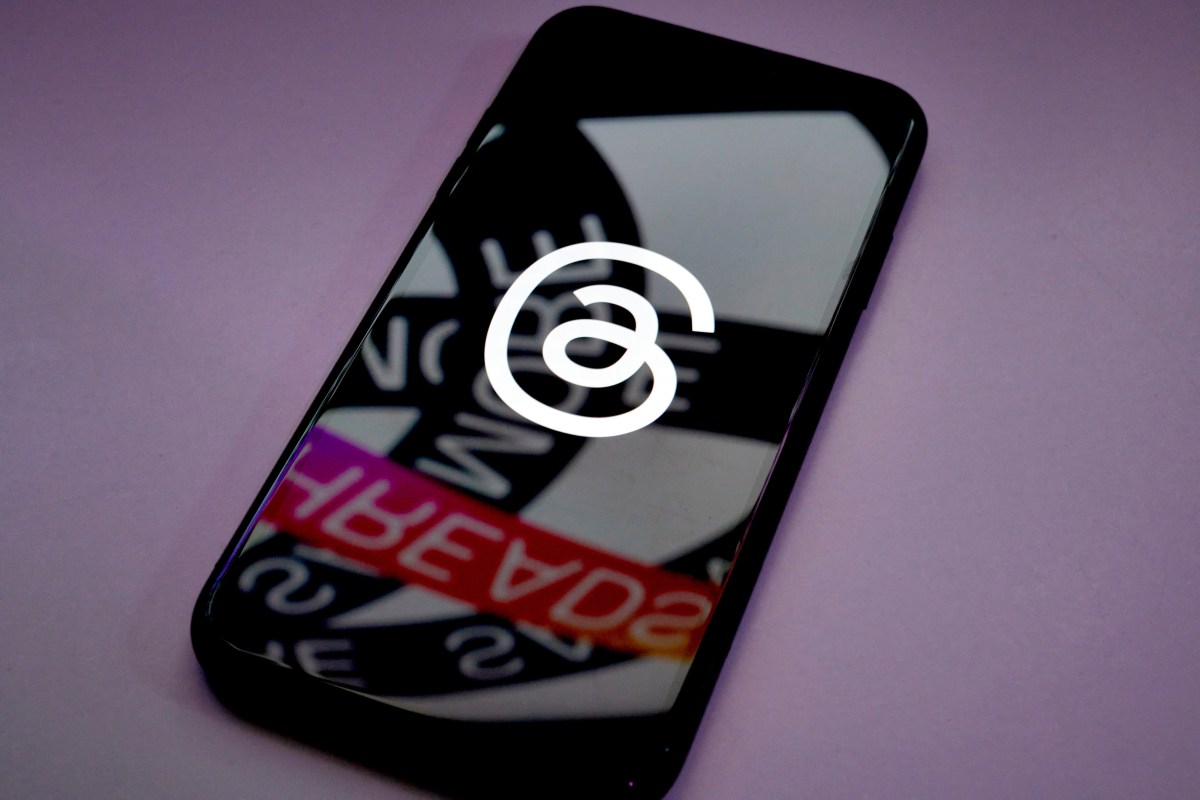
News Roundup: De-politicising Threads and profitable Indies
Another round-up of audience news, derived from my sessions with my Audience Strategy students at City, University of London.
Social Media
We now have a clearer picture of how Meta platforms — starting with the Twitter competitor/clone Threads — will handle minimising political content. Post deemed by the algorithm to be political will get no promotion in the algorithm to anyone bar people who have chosen top follow the account the post is from. This will, effectively, restrict spread to a proportion of your existing followers on that account.
Eventually, there will be a button in people's account that allows them to disable this, and see political content being recommended to them again. But almost nobody will actually use it. Meta really wants politics gone from its platforms.
There are lots of important questions that remain unanswered:
- How exactly is Meta defining “political”?
- How strict will that definition be? For example, will a fashion piece about a politician's style choices be defined as “political”?
- Will it just be political posts that won't be recommended? Or will whole accounts be classified as “political”?
I suspect that most big publications will end up having to partition their political and breaking news content into a separate account on Meta platforms until this is more clear. Otherwise, the big pushback against political posts could bring the traffic that's still available for more lifestyle/featiures content down with it.

Meanwhile, Musk's slow gutting of the site we knew as Twitter continues. The fact that he's essentially eviscerated the old trust and safety and moderation teams means that stories like this will just keep coming:

It's not that he's actively promoting it to terrorists: it's just that they no longer has the staff there to week them out.
My following on Twitter actually increased for the first time in months last week, but every trip there feels like walking down a dilapidated high street in a once thriving town.
Indie Media
On to better news, a startup media business that's making money a few years in?
The company has been profitable since launch. Min said it is still yet to tap into the $1.3m seed investment it received from start-up accelerator Y Combinator.
Yup, Ankler Media, which publishes a handful of entertainment business newsletters and podcasts is making money:
Min said that revenue for 2024, as of 12 February, was “well into the seven figures” and up 75% on the same period last year.
“I would like to think by next year we are well over $10m a year in revenue.”
They're doing that with four editorial staff and two commercial employees. And one of the reasons is that they're keeping their overheads really low by building it all on an existing platform: Substack, as the Press Gazette headline makes clear:

And they're not alone. 404 Media, a tech site set up by journalists laid off from exiting tech pubs is making money, six months in:
“We went into this being like, ‘We’ll have subscribers and we’ll have ads and hopefully that will work.’ And what we’re finding is that, yes, that is working, but then there’s also all these other little ways that you can make small amounts of money, like selling merch,” Koebler said. “We’re on Apple News now and in the process of enabling monetization there…I suspect that when we turn it on, we’ll be making $20 to $100 per month, which is very little money but as we grow, all of those things start to add up.”
The key to making start-up publishers like this work is by keeping costs absolutely as low as possible as you build traffic, content and revenue:
“There are so many things that big digital media companies waste money on, like consultants, software, offices,” Koebler said. Vice, in his view, “wasn’t able to consistently invest in new hires and in the journalism in a way that felt sustainable. We wanted to start a new company and basically strip it to its essentials.”
And that's why off-the-shelf platforms are so essential. You have a base IT costs that is low and controllable — and which doesn't involve hiring an IT team.

404 Media is using Ghost, by the way, the very same platform that I'm using to publish the words you're reading right now. It's a testament to the power of Substack's PR over the years that sites hosted there almost always get written about as “Substack-based”, like Ankler Media did, but other platforms rarely get that honour.
However, there are plenty of good reasons for looking elsewhere, as this piece from Matt Haughey, founder of the pioneering blog Metafilter explains in this post about his move from WordPress:

And finally…
Selfies have been a cultural phenomenon for a decade or so now. We hear plenty of stories of people killing themselves while trying for the perfect adventurous selfie.
But now art works are suffering, too.
“Why?" you ask.
Here's a clue: the story came from insurers…

Sign up for e-mail updates
Join the newsletter to receive the latest posts in your inbox.














#newsrw - Social Media Optimisation Paid Members Public
Liveblog of a panel debate about social media from news:rewired in February 2012